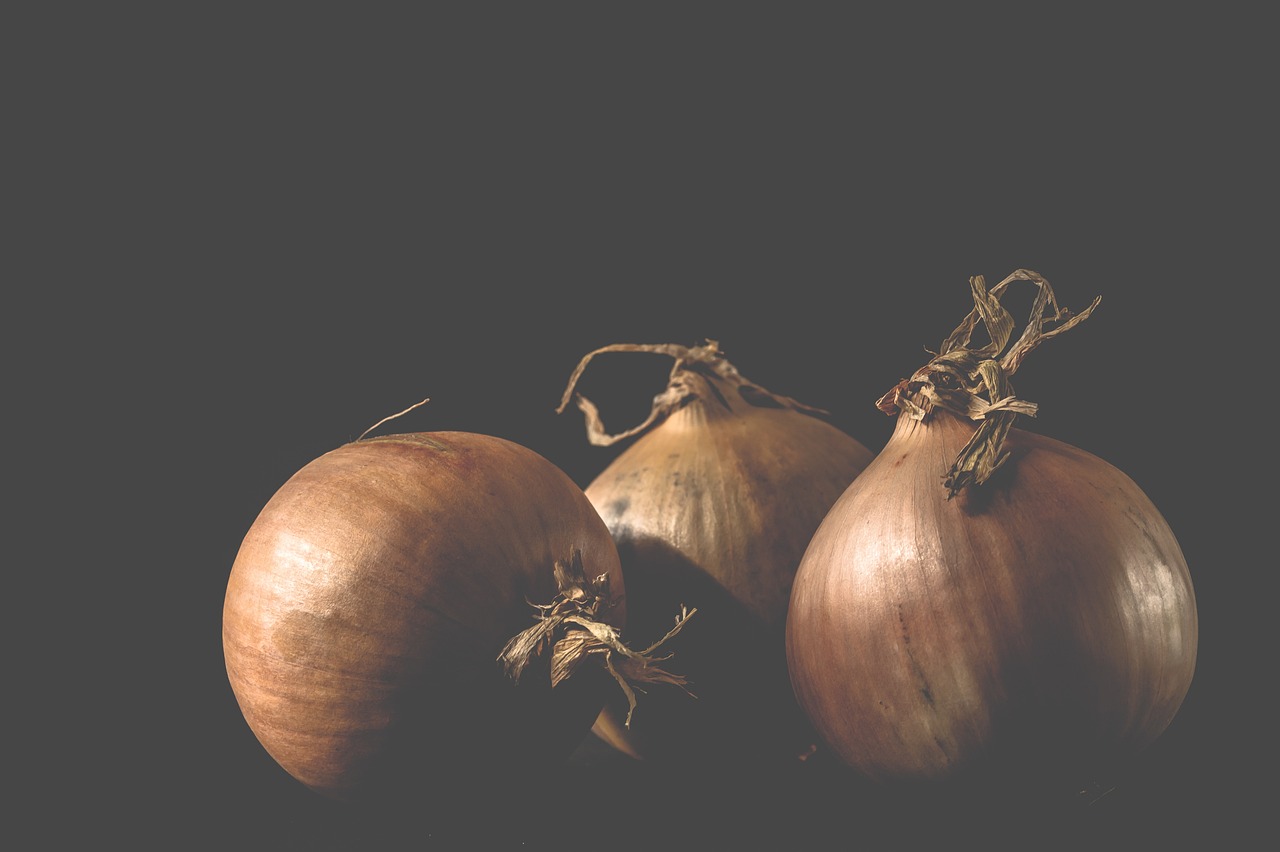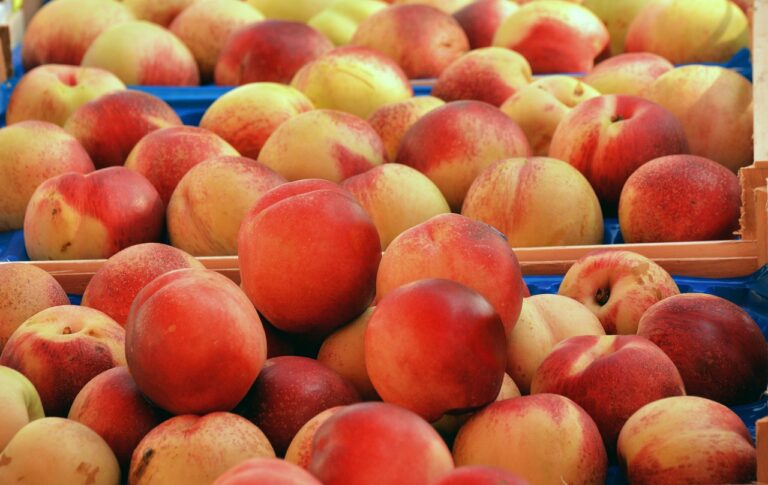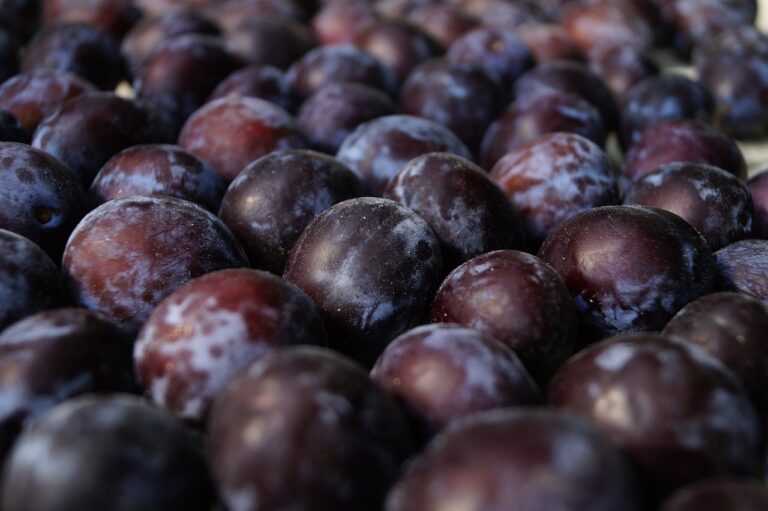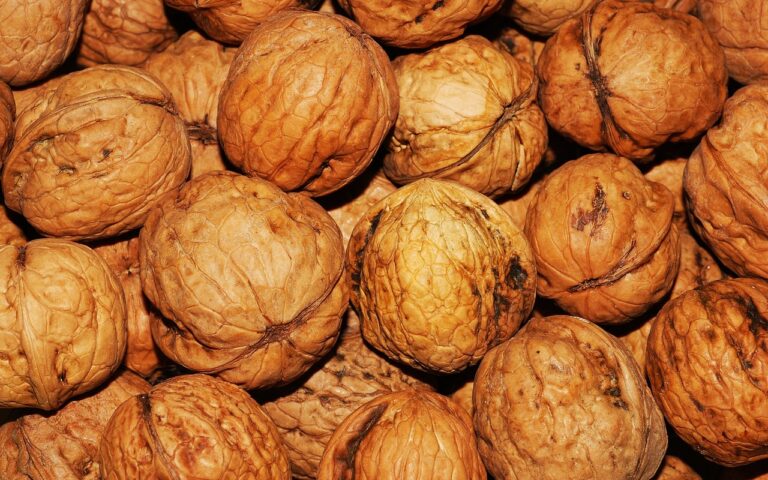The Impact of Chocolate on Indigenous Rights Movements
allexchbet com login, 99exch.com, all panel:The impact of chocolate on indigenous rights movements is a complex and multifaceted issue that deserves careful consideration. Chocolate has a long and storied history, with deep connections to many indigenous cultures around the world. From the ancient Maya and Aztec civilizations of Mesoamerica to the modern-day cocoa farmers in West Africa, chocolate has played an important role in the lives of indigenous peoples for centuries.
As the global demand for chocolate has grown, so too have the challenges faced by indigenous communities who rely on cocoa production for their livelihoods. Issues such as land rights, fair labor practices, and environmental sustainability have become increasingly important as consumers become more conscious of the ethical implications of their purchasing decisions. In this article, we will explore the ways in which chocolate production is linked to indigenous rights movements and the impact that these movements have had on the industry as a whole.
The History of Chocolate and Indigenous Peoples
Chocolate has a long and rich history that dates back thousands of years. The cacao tree, from which chocolate is derived, is native to the rainforests of Central and South America and has been cultivated by indigenous peoples for centuries. The ancient Maya and Aztec civilizations were among the first to cultivate cacao and use it as a ceremonial drink with spiritual significance.
When European explorers arrived in the Americas in the 16th century, they were introduced to cacao and quickly recognized its value. Cacao beans were brought back to Europe, where they were transformed into the sweet treat that we know today as chocolate. However, the production of chocolate on an industrial scale has had far-reaching consequences for indigenous communities around the world.
Land Rights and Cocoa Production
One of the most pressing issues facing indigenous cocoa farmers is land rights. In many countries where cocoa is produced, indigenous communities have long-standing claims to the land on which cacao trees are grown. However, as global demand for chocolate has increased, so too has the pressure to expand cocoa production into new areas.
This has led to conflicts between indigenous communities and large multinational corporations seeking to exploit the land for profit. In some cases, indigenous peoples have been forcibly removed from their land or had their traditional rights to the land ignored in favor of industrial agriculture.
The impact of these land rights disputes on indigenous communities can be devastating. Without access to their ancestral land, indigenous farmers are often left with few options for earning a living. This can lead to poverty, food insecurity, and the loss of cultural traditions that have been passed down for generations.
Fair Labor Practices in the Chocolate Industry
Another key issue facing indigenous cocoa farmers is the lack of fair labor practices in the chocolate industry. Many cocoa farmers work long hours under grueling conditions for very little pay. In some cases, child labor and forced labor are used to produce cocoa, leading to widespread human rights abuses.
Indigenous communities are particularly vulnerable to these abuses, as they may lack access to education and resources that could help them demand fair wages and working conditions. The exploitation of indigenous labor in the chocolate industry has been well-documented, leading to calls for greater transparency and accountability from companies that source cocoa from indigenous communities.
Environmental Sustainability and Cocoa Production
The environmental impact of cocoa production is another important consideration for indigenous rights movements. The cultivation of cacao trees often involves the clearing of rainforests, which can have devastating consequences for biodiversity and the livelihoods of indigenous peoples who rely on the forest for food, medicine, and cultural practices.
Deforestation also contributes to climate change, which has far-reaching implications for indigenous communities around the world. Rising temperatures, changing weather patterns, and increased natural disasters can all threaten the traditional ways of life of indigenous peoples and make it even harder for them to sustain themselves through cocoa farming.
In recent years, there has been a growing awareness of the need for more sustainable practices in the chocolate industry. Companies are beginning to invest in programs that promote agroforestry, biodiversity conservation, and climate resilience in cocoa-producing regions. These efforts can help protect the land rights and livelihoods of indigenous communities while also preserving the environment for future generations.
The Role of Indigenous Rights Movements in the Chocolate Industry
Indigenous rights movements have played a crucial role in advocating for the rights of indigenous cocoa farmers and promoting sustainable practices in the chocolate industry. These movements have brought attention to the injustices faced by indigenous communities and have called for greater accountability from companies that profit from their labor.
One example of this is the Fair Trade movement, which seeks to empower small-scale farmers, including many indigenous cocoa producers, by ensuring fair prices, better working conditions, and environmental sustainability. Fair Trade certification has become increasingly important in the chocolate industry, with many consumers choosing to support products that bear the Fair Trade label.
Indigenous rights movements have also been instrumental in raising awareness of the cultural significance of cacao and chocolate to indigenous communities. By highlighting the role of cacao in traditional ceremonies, rituals, and social practices, these movements have helped to preserve and promote indigenous cultural heritage in the face of increasing globalization and industrialization.
FAQs
Q: What can consumers do to support indigenous rights in the chocolate industry?
A: Consumers can support indigenous rights in the chocolate industry by choosing products that are certified as Fair Trade or ethically sourced. They can also educate themselves about the issues facing indigenous cocoa farmers and advocate for greater transparency and accountability from chocolate companies.
Q: Are there any specific organizations that work to support indigenous rights in the chocolate industry?
A: Yes, there are several organizations that work to support indigenous rights in the chocolate industry, including the International Labor Rights Forum, Rainforest Alliance, and the Center for Sustainable Cocoa.
Q: What are some alternative ways to enjoy chocolate that support indigenous rights?
A: Consumers can look for chocolate brands that source their cocoa from indigenous communities and support sustainable practices. They can also explore artisanal chocolate makers who prioritize ethical sourcing and fair labor practices in their production.
In conclusion, the impact of chocolate on indigenous rights movements is a complex and multifaceted issue that requires careful consideration. By supporting fair labor practices, land rights, and environmental sustainability in the chocolate industry, consumers can help to empower indigenous communities and promote a more just and sustainable future for all. Let’s all do our part to ensure that the sweet treat we love so much is produced ethically and responsibly.







